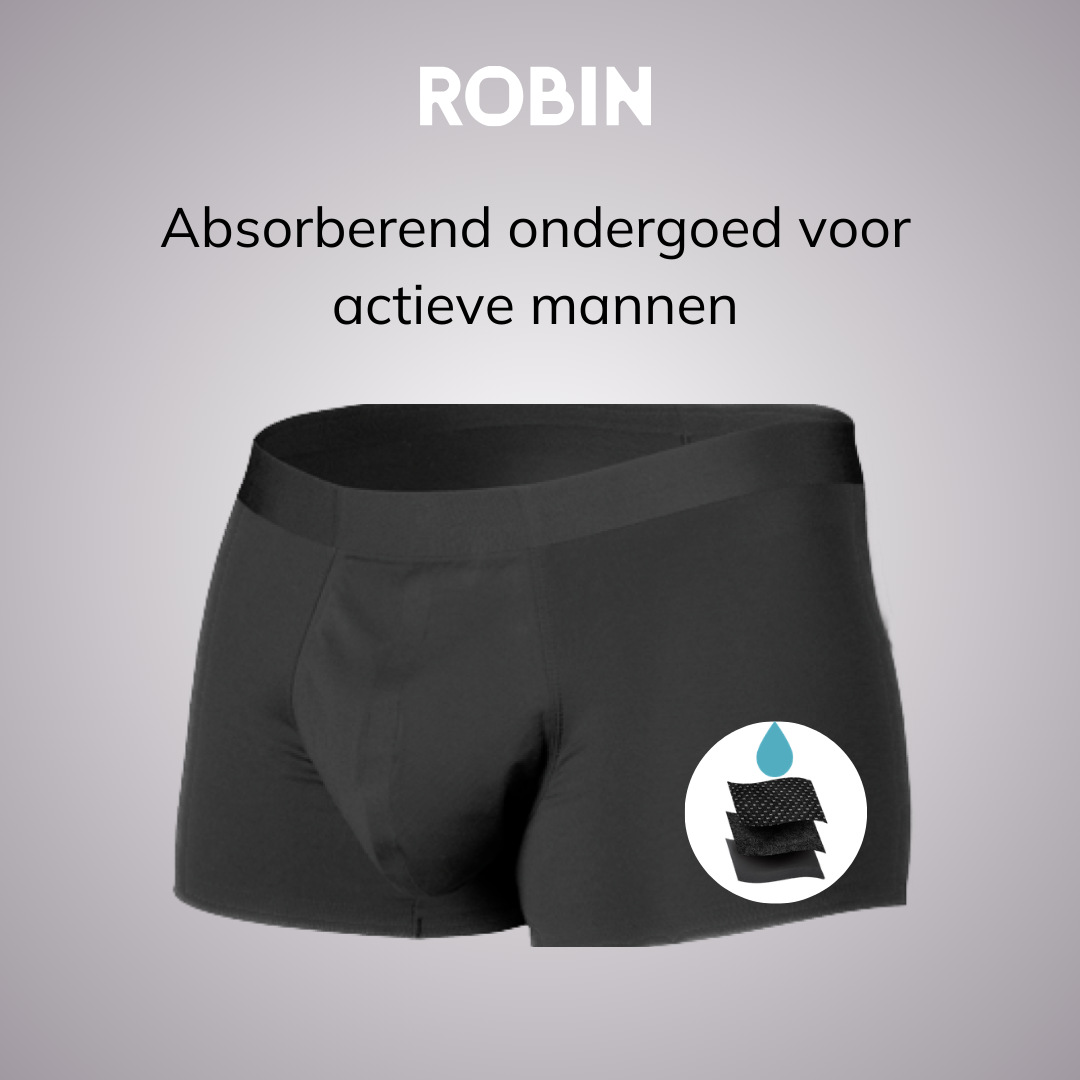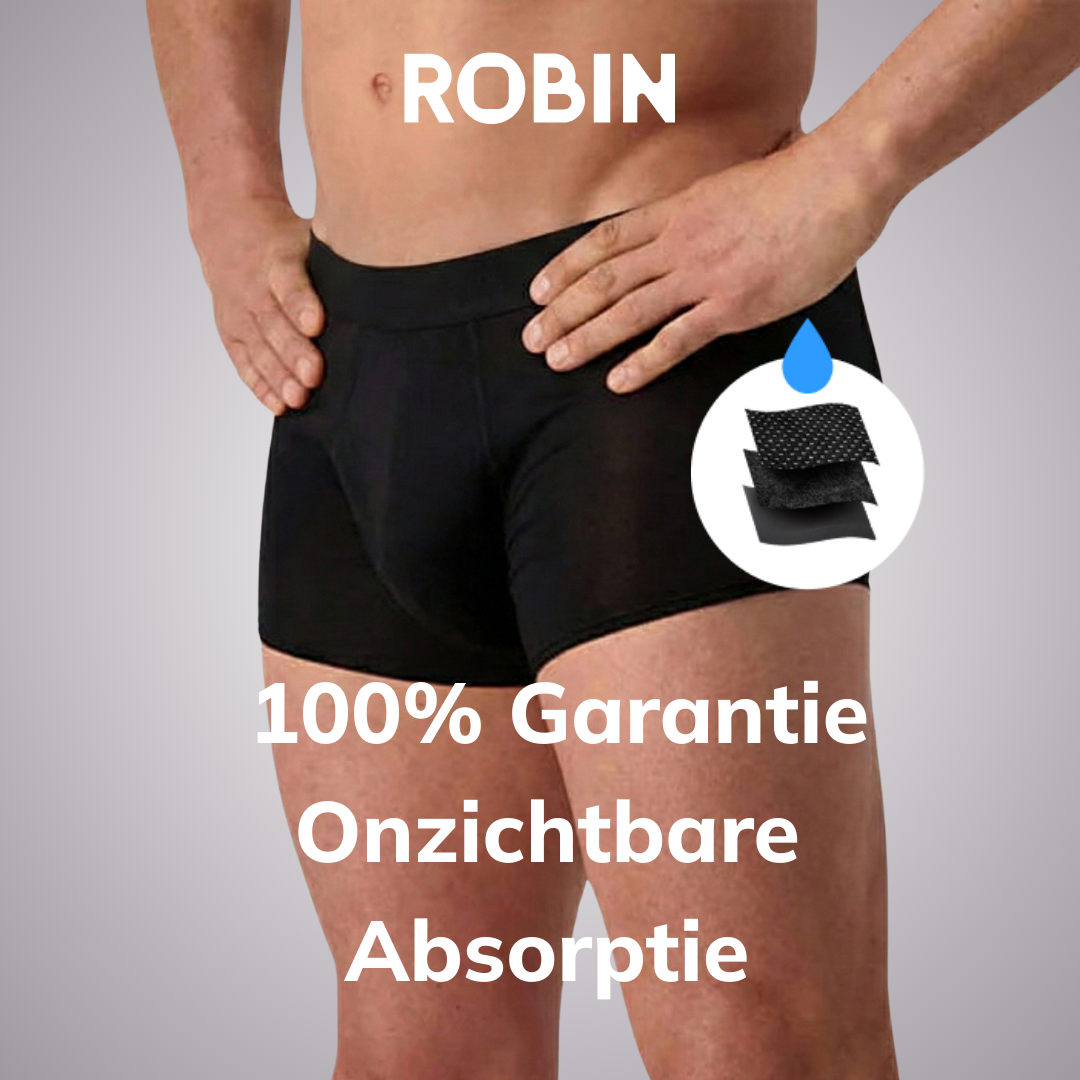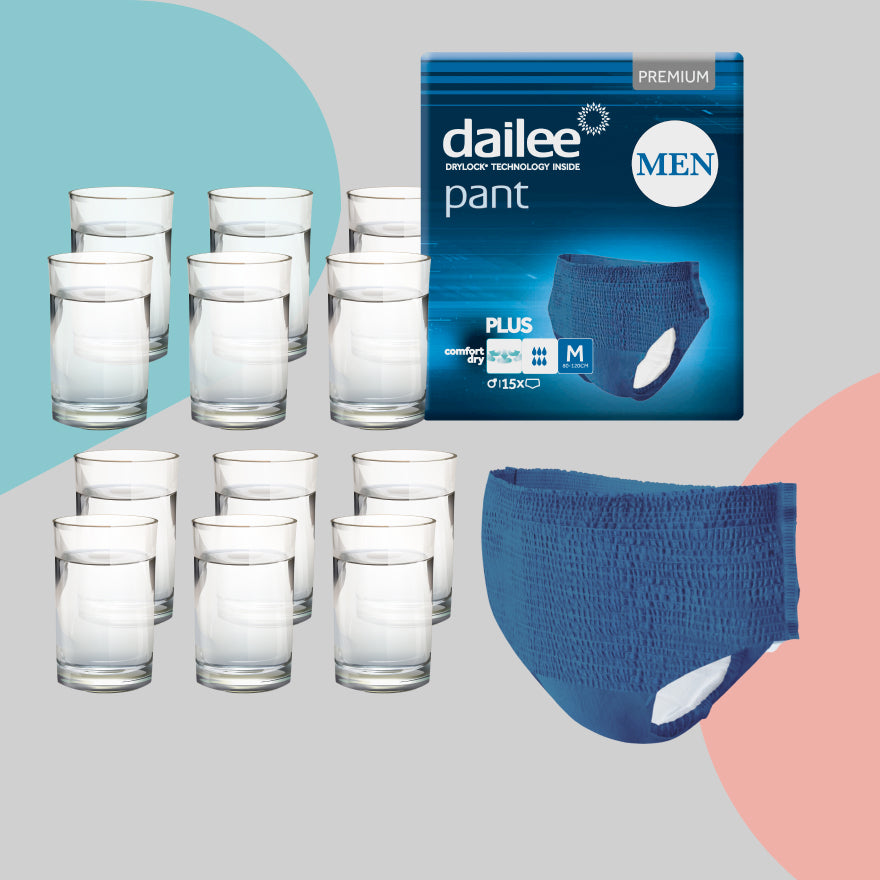Does dehydration increase really incontinence and frequent urination?
Is one of these circumstances applicable to you?
- You tend not to drink water for a little too long
- You live in a hot and dry climate
- You have a state of health that causes chronic dehydration
There is a connection between dehydration, poor bladder health and incontinence. But how often does this happen? And can dehydration be the cause of your own incontinence problems? Let's look.
Signs of dehydration
If your body loses more moisture than you get, you can get dehydrated. Water makes up two -thirds of your body weight and the amount of water you lose can influence the severity of dehydration. Dehydration falls into different categories: light (3% to 5% water loss), moderate (6% to 10% loss) and serious (more than 10% loss). The more water you lose, the worse you can get symptoms.
Note your body. You can be dehydrated if you notice the following symptoms:
- Feelings of light in the head
- Dry mouth
- Fatigue
- Dark or highly colored urine
It is easy to notice signs of dehydration in yourself, but it can be difficult to notice signs of dehydration in babies and others. Babies often have a substitute soft place on their heads when they are dried out and produce very few tears when they cry. The same applies to the elderly. You can see few tears when they cry or dry lips.
Although you would expect that dehydration ensures that you peef less, it can be a factor with often peeing.
The relationship between incontinence and too little drinking
In general, many people associate incontinence in drinking too much liquid in a short time. That makes sense, because the amount of urine that your bladder has to retain increases with excessive water intake. This often results in more toilet visits.
However, dehydration can also be a cause of incontinence. If you don't drink enough water, the urine in the bladder strongly concentrated are. If the urine in the bladder contains too much salt, this can irritate your bladder and lead to incontinence. Drinking carbonated drinks such as soft drinks instead of water can also irritate the bladder.
Urinary incontinence Also common in the elderly, especially in women. Many people notice that their body is going to behave differently as they get older. Their muscles are starting to become less tense and can even cramp. This can lead to incontinence.
Although drinking less water seems like a possible solution for incontinence, drinking less water is not only bad for your body, but it can also aggravate the symptoms of incontinence. Your body needs water to function. If you are thirsty, drink, unless your doctor advises otherwise, for eight glasses or two liters of water a day to be healthy.
Incontinence is often temporary. It is usually a symptom and not a disease. If you have tackled the underlying cause, you may not have to worry about this problem anymore.
In the meantime, there is a temporary solution for incontinence caused by dehydration, and that is simple: just drink more water. If your complaints do not reduce, it is best to consult a doctor.
Prevent dehydration
Keep your body in the best possible shape by paying attention to what it needs. Note what your body tells you. If you suspect that you have dried out, you can drink more water to see if your symptoms disappear. For example, if you suspect that you have dried out but often pees, drink more water and see if there is a difference.
You must ensure that you do not lose more water than your body can afford, which means that you must considerably considering the following to prevent dehydration:
- Wear sun protection. The sun easily extracts water from your body. Stay out of the sun where possible. Excessive heat exposure can not only lead to dehydration, but also to heat fatigue, heat stroke and exhaustion. This allows other physical and mental health symptoms to arise.
- Be careful with alcohol consumption. Alcohol often ensures that you have to pee more often. If you want to prevent you from getting dehydrated, make sure you drink water when you start drinking something. Combine a cocktail or a glass of wine with a glass of water. This way you stay hydrated and you feel at your best.
- Check medicines. Some medicines ensure that you have to pee more often. If that is the case, you must considerably increase your water intake, unless your doctor advises otherwise. Make sure you learn everything about the side effects of all your medicines. Talk to a pharmacist if you have questions.
- Drink a lot of water. Last but not least: Drink a lot of water all day. It can be easy to forget to drink water, so don't be shy and set a memory on your phone. You can also consider eating more fruit to supplement your water intake.
It is rare that dehydration leads to chronic or continuous incontinence, especially if you adjust your drinking pattern. Long -term incontinence can be the result of a number of diseases and disorders, but also of pregnancy. If you are dehydrated and yet often pees, it can be a sign that some of your organs do not function properly. It is safe to say that incontinence is temporary due to dehydration and often easy to remedy. Just drink more water.
Conclusion
Do you have to pee more if you have dried out? That is absolutely possible. Dehydration does not always mean less peeing. It is important to pay attention to your body and see what else it tells you. For example, do you get a headache? Is your urine extremely dark or do you smell strange?
The solution for this type of incontinence can be fairly simple. All you have to do is keep an eye on your water intake and ensure that you drink enough. If you are dealing with incontinence, prepare with Robin Underwear's incontinence products. They are easy to use, affordable and keep you as dry as possible while staying active all day. With our products you do not have to change your life radically and you can continue as if nothing is wrong.
















